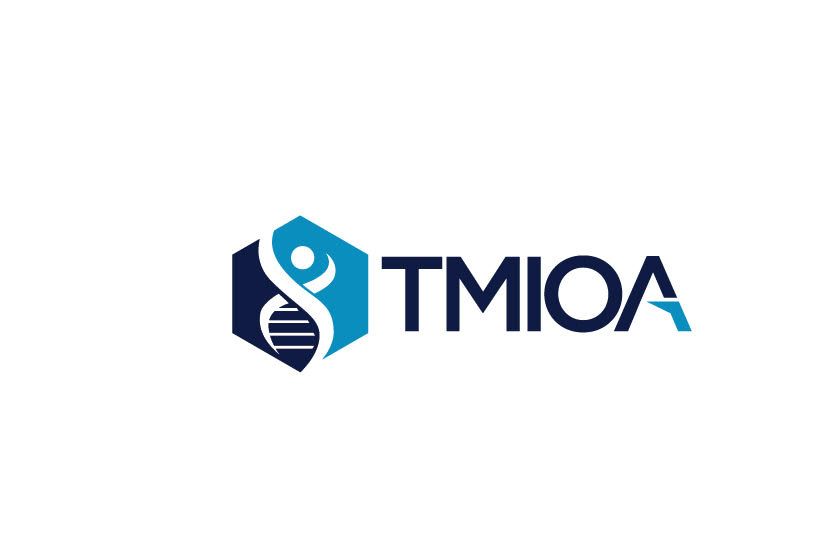
OR WAIT null SECS
Silvio Inzucchi, MD: New Methods in Stroke Prevention and Cardiovascular Events
In his presentation at TMIOA, Dr. Inzucchi referenced several diabetes medications and glucose management methods that resulted in a reduction of stroke risk in patients.
In managing and preventing cardiovascular events, a common focus among healthcare professionals has involved lowering glucose levels in patients with cardiovascular disease.
However, recent data has suggested that broader treatments and methods paired with glucose management could be better suited for the prevention of cardiovascular events.
In a presentation at The Metabolic Institute of America’s (TMIOA) 2021 Heart in Diabetes sessions in New York, NY, Silvio Inzucchi, MD, Professor of Medicine at Smillow Cancer Hospital at Yale Medicine, reviewed what was known about the impact glucose-lowering medications on stroke risk.
“I reviewed the fact that glucose-lowering itself does not appear to have any beneficial effect on reducing stroke,” Inzucchi said. “It's very, very similar to what we know about glucose lowering with myocardial infarction, cardiovascular mortality and heart failure."
He added that when trying to prevent cardiovascular events, optimizing through glucose control might not be enough.
A previous study dating back 15 years, dubbed the PROactive study, noted that the anti-diabetic medication pioglitazone reduced major cardiovascular events by 16% in patients with type 2 diabetes and macro-vascular disease.
In patients with stroke considered to be their “macro-vascular event”, the effect size of the medication was an even larger 19% relative risk reduction.
Inzucchi considered these findings to be on par with what is seen in modern cardiovascular outcome trial, citing the important secondary outcomes.
He would go on to review the IRIS trial study, a non-diabetic study that produced similar results with a 25% reduction in stroke risk.
Recent American Stroke Association guidelines would go on to consider pioglitazone in patients with insulin resistance who do not have diabetes.
Inzucchi also referenced a promising and new emerging drug class with glucagon-like peptide-1 receptor (GLP-1) agonists.
Anaylses published across several trials with GLP-1 agonists suggested that the protein had the strongest effect on stroke outcomes.
“(In) the most recent meta-analysis, there was a 17% relative risk reduction across a trials for in favor of the GLP-1 versus placebo to prevent stroke,” Inzucchi said. “So, the guidelines that I alluded to before actually mentioned that newer diabetes therapies that have been proven to reduce cardiovascular risk should be considered as primary therapy in patients who have had stroke with type two diabetes that want to prevent future stroke.”
Sodium-glucose Cotransporter-2 (SGLT2) inhibitors were also considered beneficial for the cardiovascular system.
To hear more about Dr. Inzucchi’s findings and the prevention of cardiovascular events through inhibitors and other drugs, watch the video above.
Related Content:



